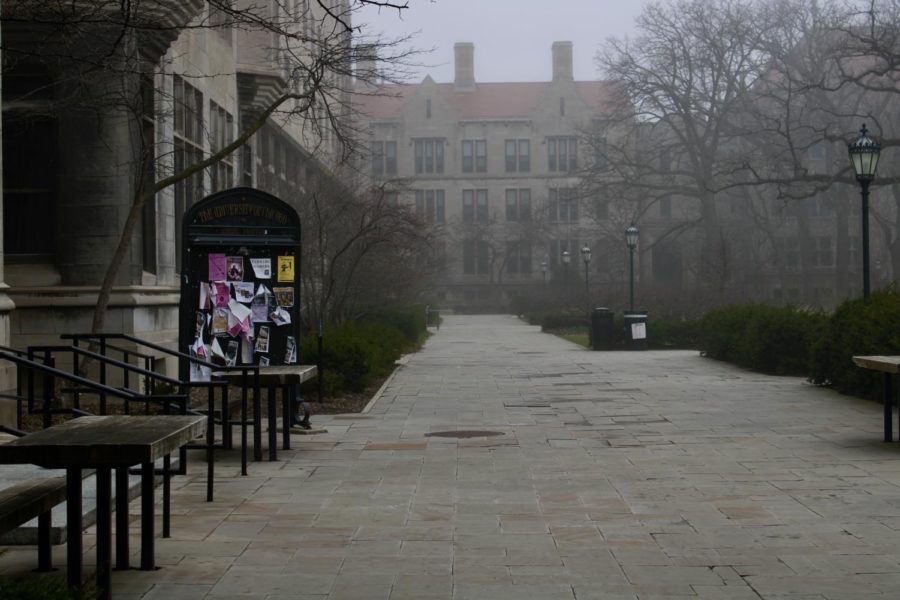UChicago for Fair Tuition (UCFT) ended its tuition strike Monday, May 18, citing a desire to “regroup and focus on building long-term power.” The strike lasted two and a half weeks, and approximately 200 students participated, according to UCFT.
In a statement provided to The Maroon, UCFT emphasized that its demand for a tuition freeze had been met, and that the campaign had succeeded in shifting the conversation around the cost of higher education.
“We have truly reshaped the narrative around tuition at UChicago,” wrote fourth-year UCFT founder Anna Attie. “We’ve helped so many people see that higher education shouldn’t be treated as a commodity, that Universities should prioritize students and staff over prestige.”
Arica Kincheloe, a graduate student in the School of Social Service Administration, has signed on as a plaintiff in a class action lawsuit against a number of universities, at the invitation of students from Columbia University who are suing their own institution. Kincheloe expressed disappointment with the refusal of University administrators to engage with UCFT during the tuition strike, and said she hopes legal action can accomplish goals similar to the campaign’s demands.
“The campaign was about upholding the commitment to financial need that the University agreed to meet,” Kincheloe said. “Through the lawsuit myself and members of the campaign are looking for the University to acknowledge and be held accountable for the students it professes to support, and generally trying to require UChicago to reimburse students for tuition they paid when they’re not able to fully utilize the services and the quality of education.”
UCFT stated that it will continue to organize against the rising cost of tuition, and will work with student organizers at universities across the country in order to do so. In a recent meeting, organizers discussed possible future projects, including pushing for greater transparency in the financial aid process, addressing the reduced aid packages some students receive after their first year, and working with campaigns on other campuses on national issues of equity in higher education.









